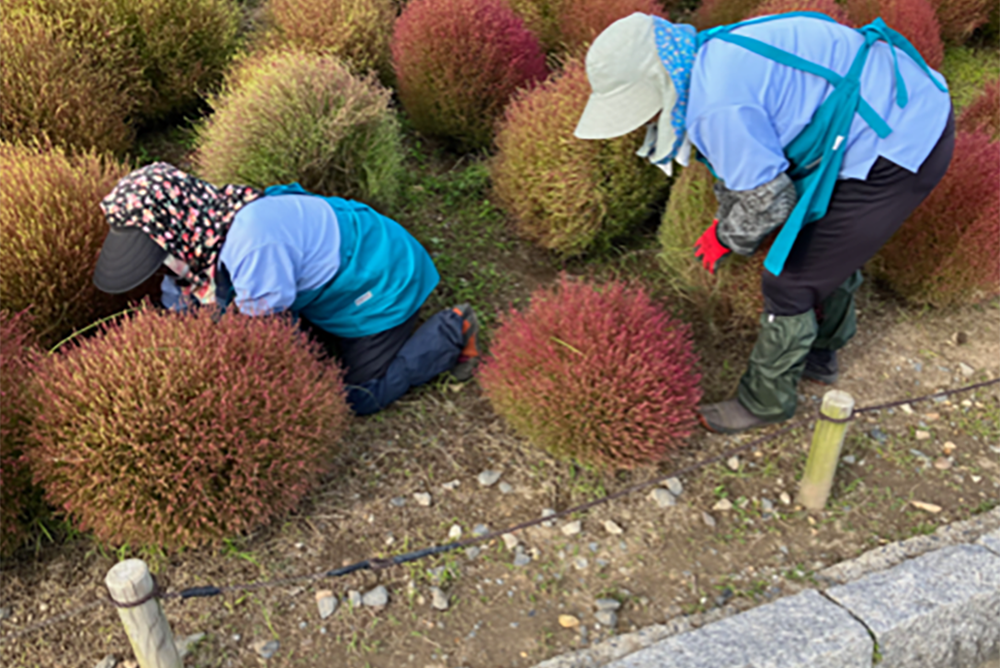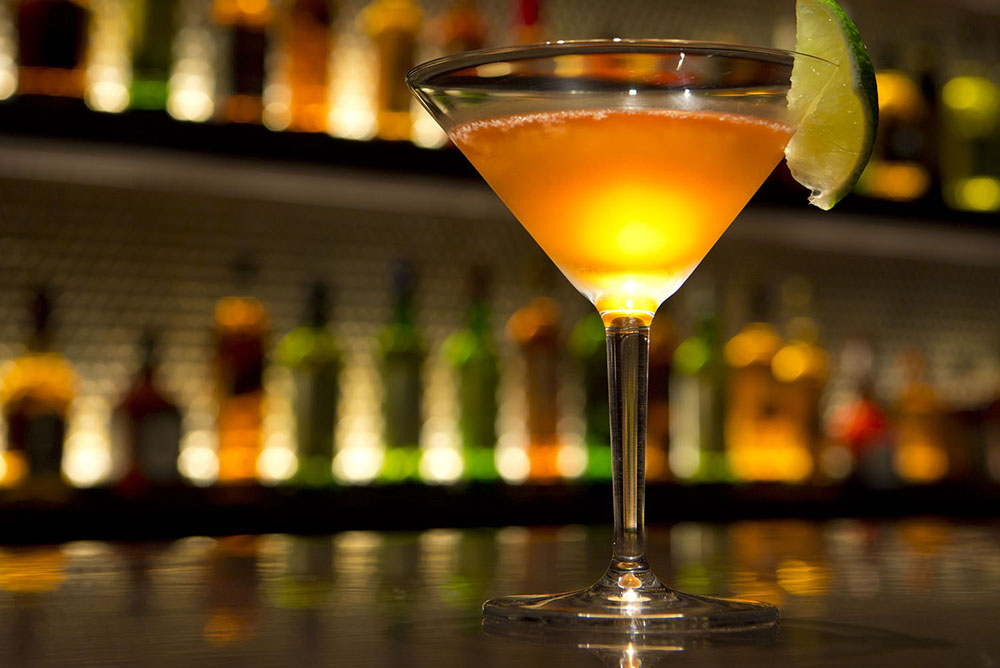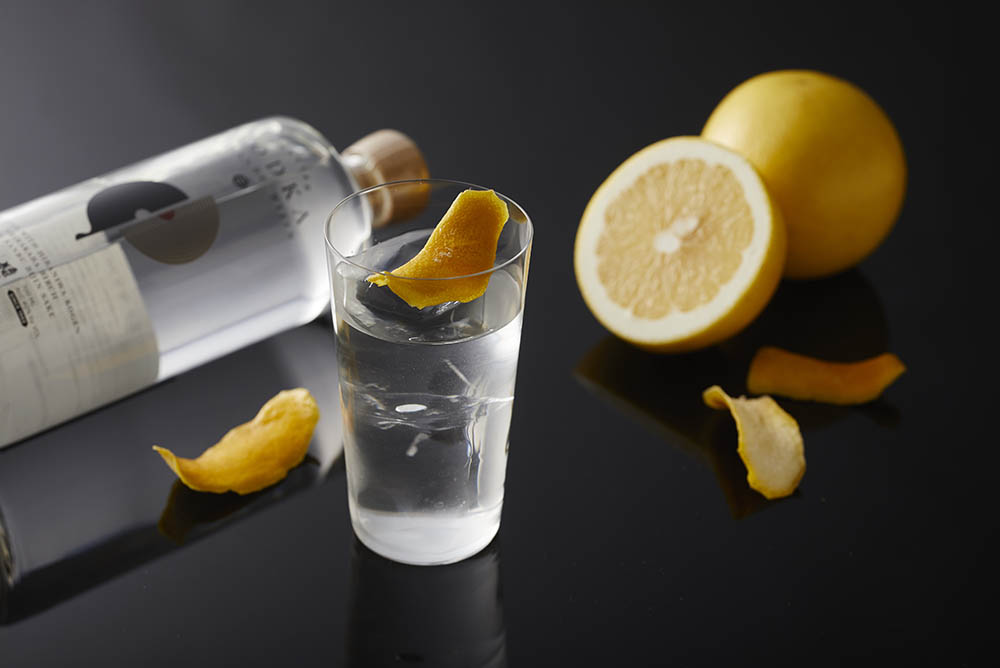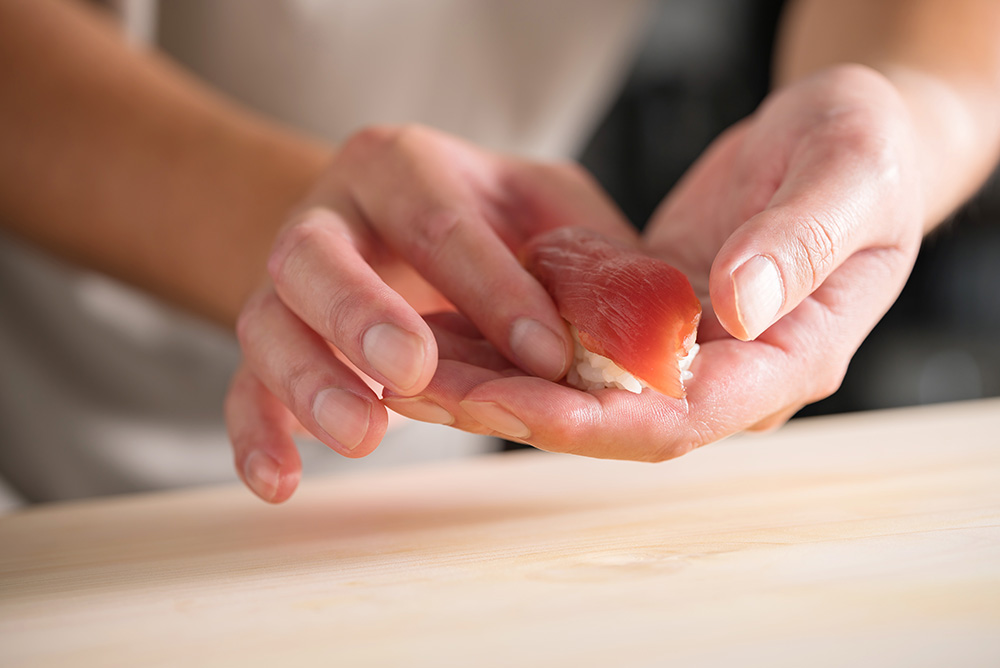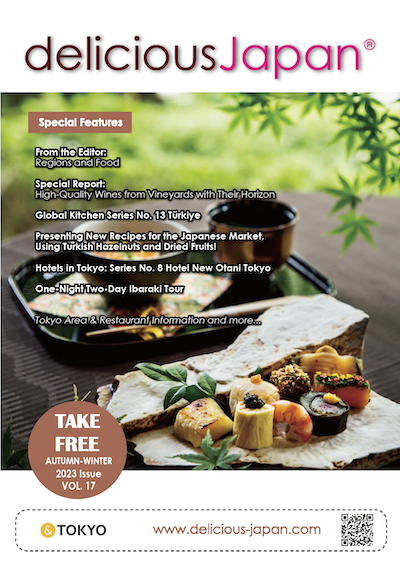
One with Nature
Blind Donkey, Jérôme Waag & Shinichiro Harakawa
What gave you the biggest impact or influence working 25 years in Chez Panisse?
I became more aware of the political aspect of food. It’s not just aesthetic, lifestyle or quality of the food, but a political message of where food is positioned in our lives and how important it is for our health, environment, and culture at di©erent levels. For example, fast food chains would have a very di©erent attitude toward food compared to our restaurant in terms of how the ingredients are grown and transported, and how they are presented to the customers.
Why did you choose to open your restaurant in Japan?
There were many factors, but definitely an attraction to Japanese culture. I first came with a group of artists and chefs, and that’s when I met Shin-san. Opening a restaurant like this was possible here in Japan, it would be easier and cheaper and could have a greater impact then in San Francisco where I lived. I also thought it would be a poetic adventure to discover a new culture through food by traveling throughout Japan to meet farmers, fishermen, and craftsmen. It was not necessarily a business decision but an artistic decision.
What is your cooking philosophy?
We try to do a lot of things by hand. I try to stay connected with the farm by visiting and meeting the producers. We use simple cooking techniques because we respect the produce. We don’t process ingredients very much. We really want to people to connect with nature through the produce. We try to present the work of farmers as clearly and directly as possible. We try not to put too much of our ego into the food. It’s important that people can taste the plant and directly experience the food.
How did you two happen to start working together?
I met Jerome through a food project in 2011 along with other chefs and artists. Compared to the classic French restaurant environment I worked at, they were working in a more relaxed style, expressing their opinions and ideas freely. I didn’t know about Chez Panisse and Alice Waters at the time, but I was just curious about their working environment. I asked him if there were any chance for an internship, and he accepted me. I went to Chez Panisse every summer for several years and everyone was very nice and welcoming. Even though the restaurant was very busy, they all listened to each other and helped each other which was very surprising because I was working in a stressful kitchen where people were yelling and throwing things. I also started to learn about the organic products that were used. He took me to their contracted farmers, and I learned about organic, ways of working with nature, and the importance of soils and seas. Jerome kept coming back to Japan, so we started traveling, visiting farmers, exchanging ideas like cooking methods, and relationship through food, people, and nature. I thought that if he come to Japan, there could be a new positive influence on the Japanese agriculture and food culture. He was also thinking of leaving San Francisco to open his new restaurant. I thought that if he would be interested, why don’t we do something together in Japan.
What is your future goal?
To make Japan 100% organic. I would like to see a completely natural Japan with beautiful gardens. It’s an impossible vision, but that is the great horizon. In the short term, I would just do whatever I can to develop ways for farmers to sell their products, advertise and promote the importance of our attitude towards the soil and the environment that produces the food. Now we need to regenerate the soil and make strong ecosystems that can change with the climate. Keeping a healthy relationship with our planet is important, but it’s a difficult thing to do. We need to stay connected to the soil.

